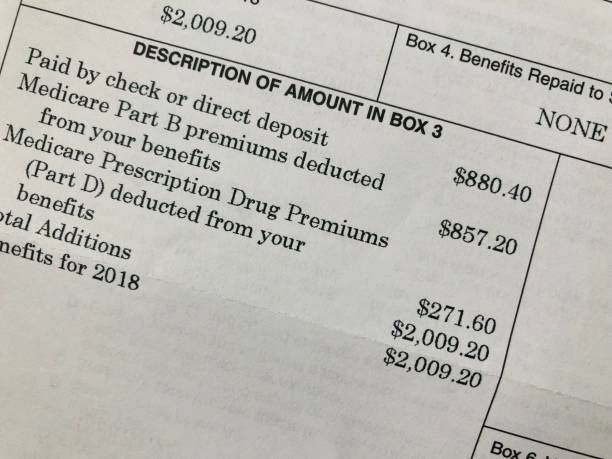Navigating your health insurance can feel like you’re learning a foreign language that changes every year. For many people who qualify for Medicare (age 65 and older), they’re beginning to wonder, “Can I have both employer insurance and Medicare?” The answer (thankfully) is yes, but that means there are more steps to maximizing your coverage.
Understanding Medicare and Employer-Based Plans
- Medicare: A federal health insurance program designed for Americans aged 65 and older, or younger individuals with specific disabilities. This coverage comes in two base components: Part A (hospital insurance) and Part B (medical insurance).
- Employer-Based Insurance: These health insurance plans are offered by some employers as part of their benefits packages. These plans can vary significantly in coverage, deductibles, copays, and network participation.
The Coordination of Benefits
When you have both Medicare and employer-based insurance, a system called "coordination of benefits" dictates which plan pays first and how they work together. Your employer’s size is a crucial factor, with your policies’ coordination being affected.
If you work for a company with 20 or more employees, your employer's plan is considered the "primary" payer. This means it will typically handle the bulk of your medical expenses first, with Medicare acting as "secondary" insurance and picking up any remaining costs after the employer plan reaches its limits.
Imagine a surgery with a total cost of $20,000. Your employer plan might have a $5,000 deductible, meaning you'd be responsible for that upfront cost. Once you meet the deductible, the plan might pay 80% of the remaining $15,000, leaving you with a copay. Medicare would then step in as secondary insurance, potentially covering that coinsurance depending on your specific Medicare plan (like a Medigap supplement) and its coverage details.
But if your employer is staffed with less than 20 employees, Medicare is the primary payer, handling any initial medical bills. Your employer’s plan then acts as secondary insurance, kicking in to cover leftover expenses after Medicare has reached its limits. Additionally, if your employer’s plan is not “credible,” then you must get on Medicare.
Making the Choice: Employer Plan vs. Medicare Advantage
While keeping both employer insurance and Medicare is certainly an option, you should also consider Medicare Advantage plans. Private insurance companies offer these as alternatives to Original Medicare (Parts A & B). They often combine hospital and medical coverage into one plan, sometimes with additional benefits like vision or dental care.
What if you Keep Your Employer’s Plan and Original Medicare:
Pros:
- You may have a wider network of doctors and hospitals accepted by your employer’s plan compared to some Medicare Advantage plans.
- You might benefit from lower out-of-pocket costs due to your employer plan's contribution.
Cons:
- You'll likely face additional paperwork and potential coordination issues between the two plans.
- There might be duplicate coverage for certain services, leading to higher overall costs.
What if you Enroll in a Medicare Advantage Plan:
Pros:
- Often simpler with streamlined billing and a single point of contact.
- May offer additional benefits not covered by Original Medicare, like vision and dental.
- Some plans have capped out-of-pocket costs, providing a predictable budgeting process.
Cons:
- The network of doctors and hospitals might be more limited compared to some employer plans.
- Premiums and coverage can vary significantly between plans, requiring careful research.
Important Considerations Before Deciding:
- Review your current employer plan: Carefully analyze your plan's details, including its coverage, deductibles, copays, and network participation.
- Evaluate your health needs: Consider your anticipated medical expenses and how each plan would address them.
- Research Medicare Advantage plans: Compare plans in your area, specifically focusing on network coverage, cost-sharing details, and additional benefits.
- Consult an Insurance Advisor: These experts can guide you through a personalized analysis that considers your health, financial resources, and employer’s options.
Can I Have More Than Both Employer Insurance and Medicare?
To schedule a free consultation with a
licensed insurance advisor, contact us today. We can answer your questions, address your concerns, and help you craft a personalized and budget-conscious plan. Don't navigate the future of your health insurance alone – let Senior Insurance Advisors be
your trusted guide.













